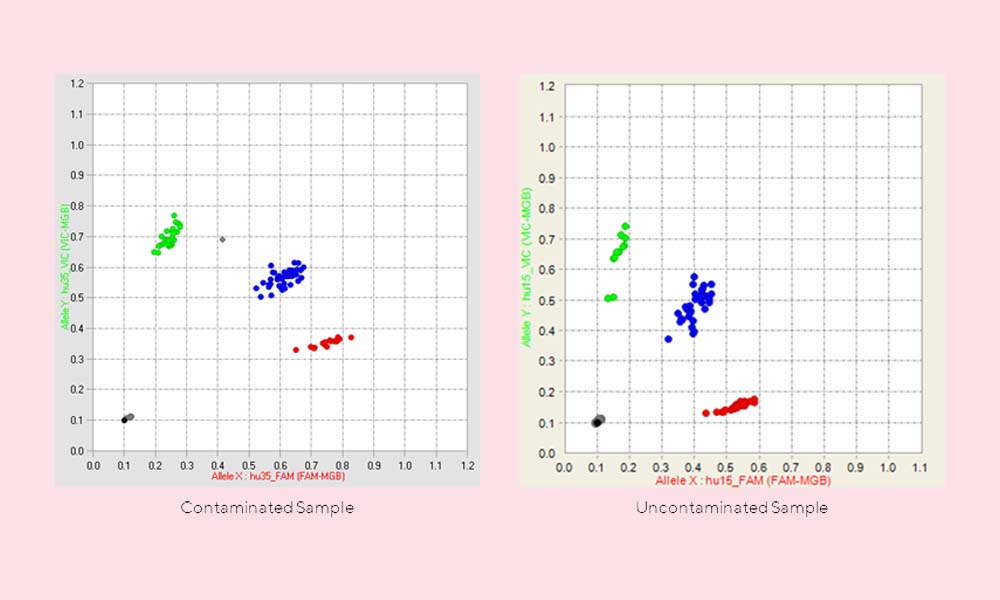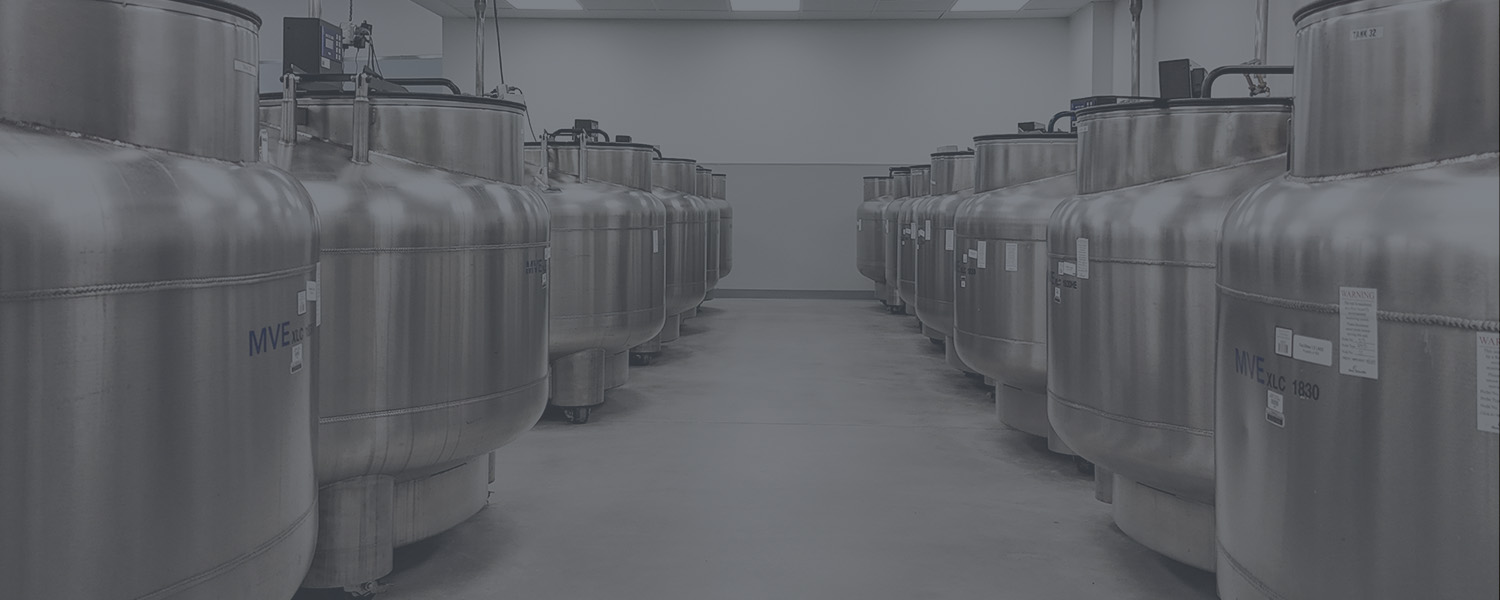iPSC Gene Editing
The induced pluripotent stem cell (iPSC) gene editing service offered by Sampled provides guaranteed results with robust quality control procedures. We perform everything from single nucleotide edits to small insertions and deletions to whole gene deletions to match our client’s requirements.
What Is iPSC Gene Editing?
iPSC gene editing refers to specific modifications introduced to the DNA sequence of various iPSC lines.
This modification can be a single nucleotide change, small insertions or deletions, or full gene deletion. iPSC gene editing can be utilized for various purposes to study the function of the genomic region being altered. This can include understanding its role in a disease or how it helps a cell maintain a certain cellular state.
At Sampled, we use Clustered Regularly Interspaced Short Palindromic Repeats (CRISPR)-Cas9 technology and the ribonucleoprotein (RNP) method for our gene editing. We provide a CRISPR-Cas9 control iPSC line in parallel with all of our edited lines free of charge. Sampled’s team of experts performs multiple rounds of quality control (QC) to ensure that the correct edit has been achieved in the correct location and that the cell population is homogeneous. This is in addition to the robust QC performed to ensure the desired iPSC characteristics are maintained.
Why Use Sampled’s iPSC Gene Editing Service?
Expertise
We stay on top of the latest technology and developments in the field, which ensures we are always bringing the best service to our clients. Transfection and editing of iPSCs is a difficult and technically demanding process. Our team has the experience and expertise to ensure that your edited iPSCs are generated accurately and on time.
Time- and Cost-efficient
iPSC gene editing is a costly methodology to develop in-house in terms of the money and time required to train technicians and troubleshoot issues. By outsourcing your iPSC gene editing needs to Sampled, you can use your time and resources to focus on other things while ensuring your sample is in the hands of global experts using state-of-the-art techniques.
Quality Control
At Sampled, we offer stringent QC control on all gene editing projects as well as additional QC depending on the client’s needs.
Guaranteed
At Sampled, we guarantee that our iPSC gene editing services will provide clients with their desired clones. Our team of experts will continue to screen clones until we have the right edits for our clients.
iPSC Gene Editing Applications
The applications for our iPSC gene editing service are for research only, and we work with both non-profit and for-profit institutions. Applications for this service include:
- Research studies
- Biomarker and drug discovery
- Population health studies
- Agrigenomics
- Disease modeling
- Development modeling
How Does iPSC Gene Editing Work?
Client Parameters
The iPSC gene editing service at Sampled can be performed on iPSCs generated in-house or iPSCs sent to us by our clients. The workflow begins with defining the requirements of our client. This includes determining parameters such as:
- Editing requirements – for example, single nucleotide editing or full gene deletion.
- Number of clones
- Quality control for editing and iPSCs
- Scale – we offer small (6-8 vials) and large (40-60 vials) scale services.

Editing
We use the RNP method to design the guide RNA used for editing. Cells are transfected by electroporation, and we use CRISPR-Cas9 machinery to make edits. Our team of experts stays up to date with the latest technological advancements to ensure our workflow uses the optimal methodology for gene editing. We also provide our clients with a CRISPR control line (a line that has gone through the editing process without being edited) free of charge. This provides a true control for the edited iPSC line for future experiments.

Quality Control
We perform single-cell screening to find the correct edit. Sanger sequencing is used to confirm the expected edit. After the expansion of the edited clone, we perform next-generation sequencing to ensure that the population is homogeneous. We also screen for off-target effects due to the editing to ensure no other area of the genome has been edited.
After gene editing QC, we perform QC on the iPSCs to ensure that our expanded cell line maintains iPSC characteristics. Our standard QC includes:
- Sterility testing
- Mycoplasma testing
- Viability
- Stem cell marker using FACS
- Alkaline phosphatase staining
- Identify (SNPTrace)
Further optional QC steps we offer include:
- Karyotyping
- Embryoid body formation (scorecard for germ layer differentiation)
- Pluritest array
- Sendai persistence (for blood-derived iPSCs)
- Episome persistence (for fibroblast-derived iPSCs)
- CNV array

Timescale
The timescale for iPSC gene editing depends the type of editing and the client’s requirements. Two nucleotide edits with standard QC would typically take 6-8 months.

Input Requirements for iPSC Gene Editing
| Item | Type |
|---|---|
| Sample Types | iPSC generated in-house or sent by clients |
| Storage/Transport | Frozen |
| Input Requirements | 1-2 million cells/vial |
| Workflow Time | 6-8 months depending on the number of edits and level of QC |
Find out more about our iPSC gene editing service
Looking to outsource your iPSC gene editing needs? Get in touch with one of Sampled’s experts today to discover how we can meet all of your iPSC gene editing needs.

